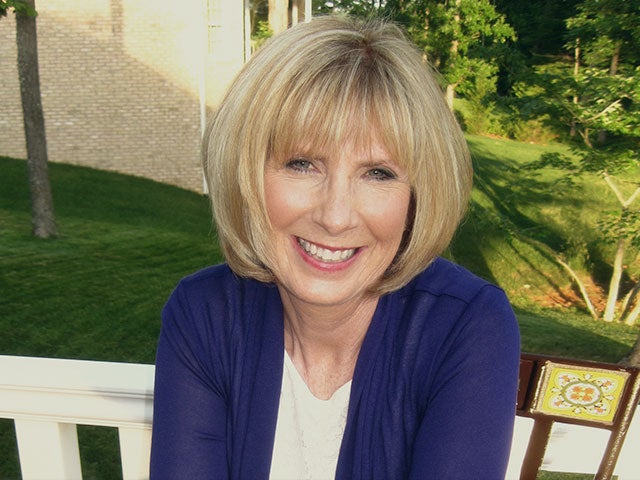Need Some Relationship First Aid?

Most of us have gone through difficult times with a family member, a loved one, a co-worker, or even a boss. Some of you might even be on the brink of losing a relationship. But, don't give up hope. Instead, recognize the signs of trouble and start making changes so that your relationships stay strong.
Right now, think of a relationship that needs a little first aid, and ask yourself, "Is that relationship more positive than negative in your mind?" If it is more negative, start to focus on the good qualities of that person, the positives about the person – why you liked the person in the first place. Philippians 4:8 tells us to think on things that are true, noble, right, pure, lovely, admirable, excellent, or praiseworthy. Think about such things.
Then, add a little empathy. This means try to understand why the person may be acting in ways that might be upsetting. Is the person stressed at work, overwhelmed with responsibility, feeling sick? You aren't making excuses for the person, just trying to be more understanding.
For example, asking your spouse to help you understand why he leaves his socks on the floor, will lead to a different solution than being critical and angry because he leaves socks on the floor. Try to understand why the person is doing what he or she is doing. Then, you can negotiate an action step that will improve things for both of you.
People are more cooperative and willing to change when they are understood. So, empathy and listening go a long way to improve relationships.
Forgiveness is probably the most important First Aid response to use. It can be hard to do in some cases, but again, forgiveness is an act of our will, a choice we can make to not allow unforgiveness and bitterness to clog up our relationship and keep us stuck.
Forgiving someone is a choice. It is a gift we give to ourselves and others. We do this because God forgives us and tells us to forgive others as He has forgiven us (Ephesians 4:32). Often our emotions take time to catch up with our decision to forgive, but making the choice begins the process of healing.
When trying to revive a relationship, rather than bringing up the past, stay in the present, forgive, and move on. Then, behave in ways that show you really did forgive. Doing this changes the climate of a relationship. Forgiveness goes a long way when it comes to healing hurts.
Finally, remember. When someone is unhappy in a relationship, it's often because they are unhappy with themselves. They might not know what they want or need, but just feel unhappy. In those cases, encourage the person to talk to you or someone else who can help get to the source of their dissatisfaction. Leaving a relationship doesn't usually fix the problem.
Despite relationship tensions, conflicts and upsets, there is much we can do to make things better. Be intentional. Bring up problems and make every effort to work on creating a healthy relationship.
Never give up hope. Even small changes can have a big effect.
